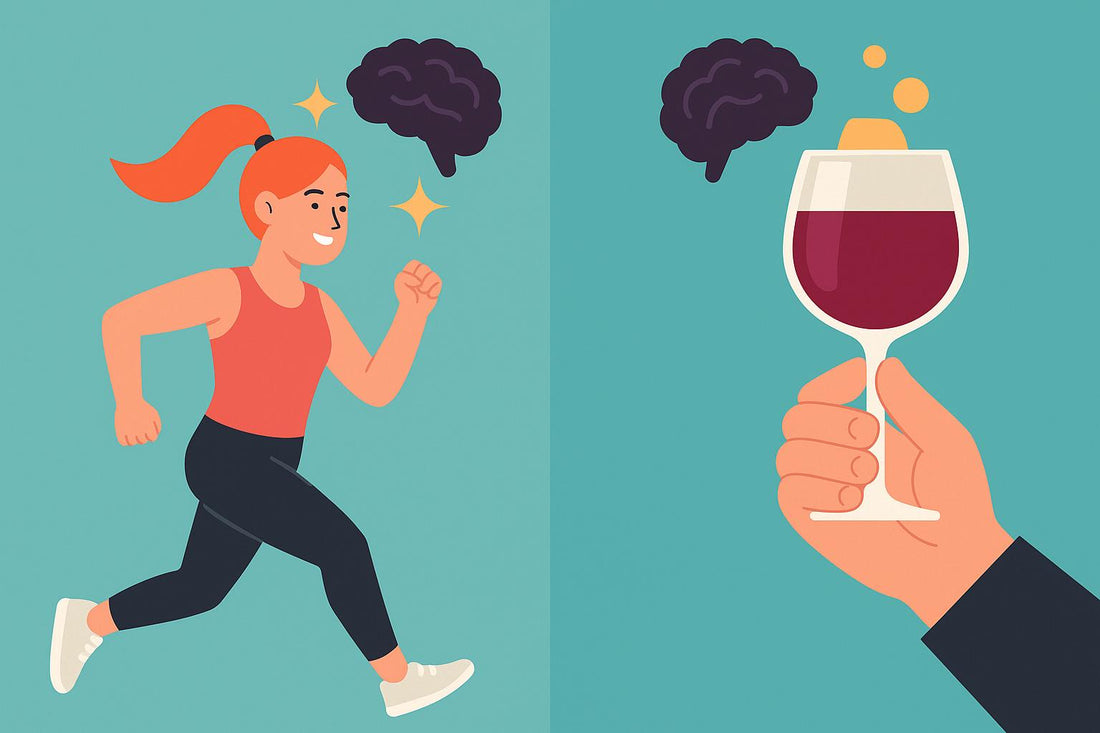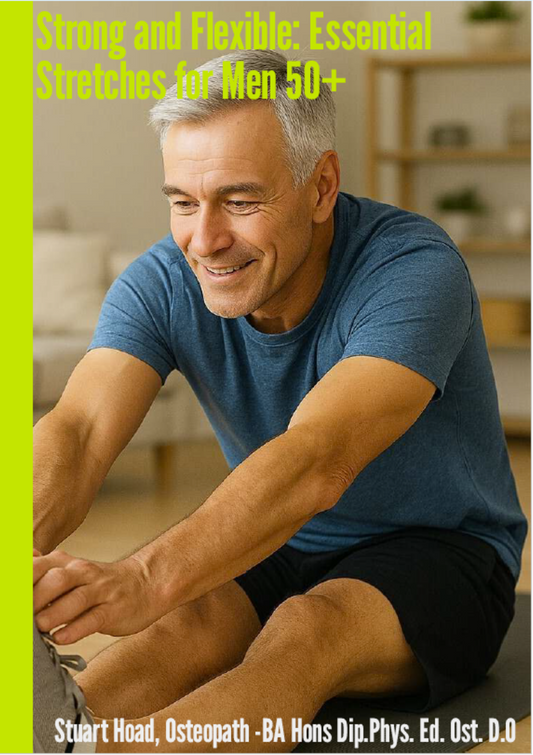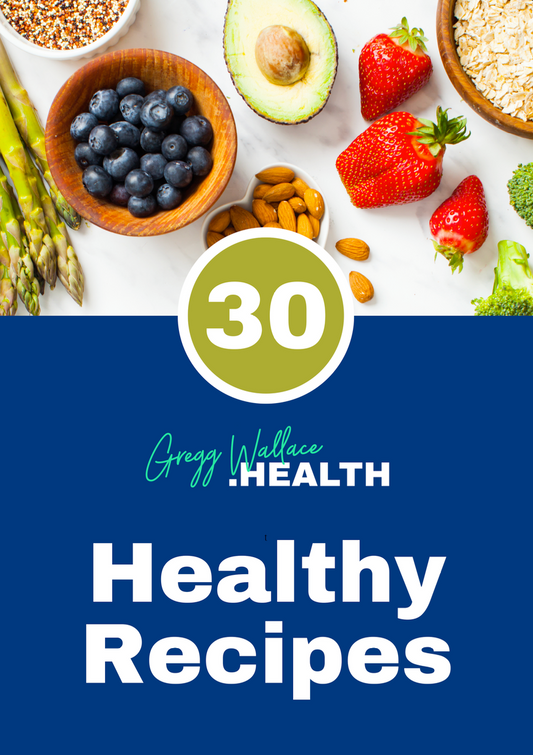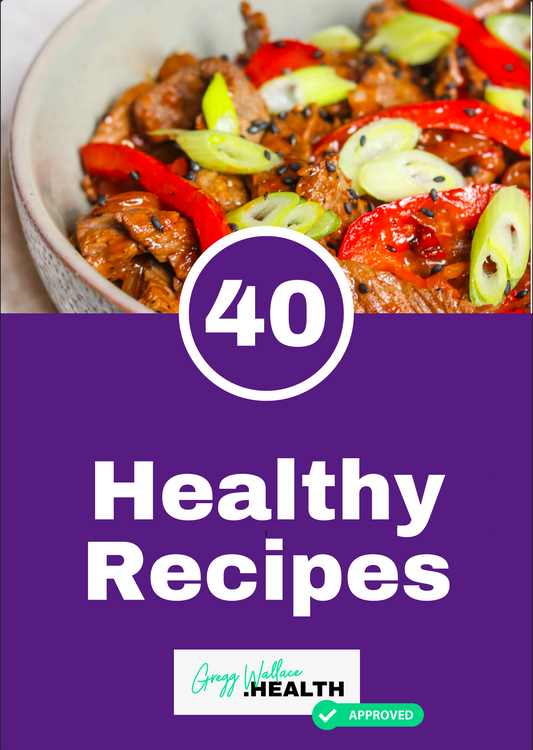It’s fascinating to think that a sweaty run in the park and a glass of wine on the sofa can both trigger similar feelings of pleasure and relaxation. On the surface, these activities couldn’t be more different. One gets your heart racing, muscles working, and lungs pumping, while the other often involves sitting down and unwinding. Yet, inside your brain, both exercise and alcohol set off overlapping chemical reactions.
When you exercise, your body releases a cocktail of endorphins, often called the “feel-good” hormones. These natural chemicals reduce pain and create a sense of euphoria, sometimes described as a “runner’s high.” Alcohol, too, stimulates the release of endorphins, which is one reason drinking can feel pleasurable.
Both activities also affect dopamine, the neurotransmitter responsible for reward and motivation. Dopamine is what drives you to repeat behaviours that feel good. A rewarding workout can boost dopamine levels just as alcohol does - but with a critical difference: exercise conditions the brain toward healthier habits, while alcohol can encourage dependency if overused.
Another common chemical is GABA (gamma-aminobutyric acid), which helps quieten overactive neural activity. Alcohol enhances GABA, creating a sedative, calming effect. Exercise naturally regulates GABA, improving stress resilience without the downsides of intoxication.
So, while exercise and alcohol share these neurochemical pathways, the long-term results are worlds apart.
Why exercise is the smarter choice:
- Physical health: Exercise strengthens the cardiovascular system, builds muscle and bone density, and reduces chronic disease risk. Alcohol, on the other hand, raises risks for liver disease, heart problems, and certain cancers.
- Mental health: Regular activity is linked to lower rates of anxiety and depression. Alcohol might temporarily relieve stress, but it often worsens mood, disrupts brain chemistry, and fuels dependence.
- Energy and clarity: Exercise leaves you energised and sharp. Alcohol typically leaves you sluggish, with impaired focus.
- Sleep quality: Movement improves the depth and quality of sleep; alcohol may help you fall asleep faster but disrupts restorative REM sleep.
- Longevity: Exercise builds long-term resilience, balance, and mobility. Chronic alcohol use shortens lifespan and diminishes quality of life.
Both exercise and alcohol light up the brain’s reward systems, but the comparison ends there. One leaves you healthier, sharper, and stronger the next day. The other often leaves you with dehydration, fog, and regret. If you’re after a natural high that pays dividends in every area of life, lace up your trainers. Your brain and body will thank you.





